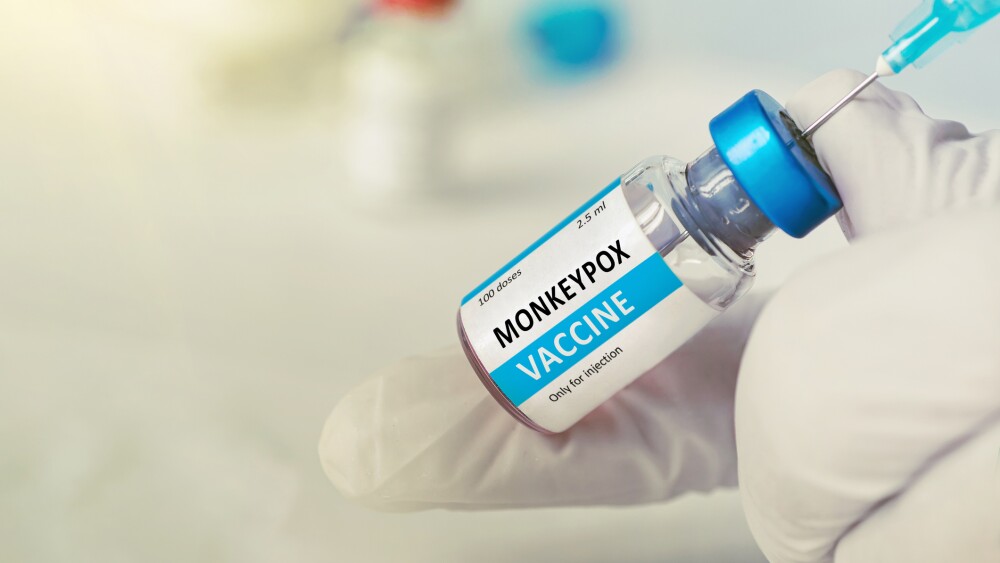FAIRFIELD, Conn., Aug. 4, 2014 /PRNewswire/ -- Today the GE Foundation announced a USD$20MM commitment to advance maternal and child health in Africa, through the extension of programs that address Millennium Development Goals (MDGs) 4 and 5. The commitment supports developing countries in implementing simple and sustainable solutions for maternal health and child survival rates, and strengthening regional health systems.
"GE Foundation is honored to participate in the 2014 U.S.-Africa Leaders Summit and discuss innovative ways to increase access to healthcare with leaders from throughout the region," said Deb Elam, GE Foundation president and GE's Chief Diversity Officer. "The GE Foundation is committed to building a world that works better, and this commitment, along with that of our volunteer employee networks around the world, demonstrates our support of some of the world's most vulnerable populations."
The GE Foundation's Developing Health Globally (DHG) program is actively working with hospitals and health centers in Africa to improve maternal health and infant survival rates by providing training and mentoring for practitioners and clinicians, as well as the necessary equipment needed by maternity, labor and delivery, and post-partum units of district hospitals. With this new five-year commitment, the Foundation will continue working with its partners to develop and extend programs that test innovative, simple solutions and technologies for low-resource settings.
"Our programs are developed to increase capacity, build skills and create new jobs," said David Barash, GE Foundation's Chief Medical Officer. "With our partners, we are creating scalable solutions that can have lasting impact on the delivery of healthcare in Africa and globally."
The GE Foundation focus on maternal and infant health includes initiatives in biomedical equipment technician training, anesthesia training for nurses, safe water solutions in health facilities, and oxygen delivery in low resource settings.
Key DHG programs in Africa include:
- Technician training - The WHO estimates that in Sub-Saharan Africa, 70% of laboratory and medical equipment is partially or completely out of service. The GE Foundation launched its Biomedical Equipment Training (BMET) program in Rwanda in 2009 to respond to the shortage of functional medical equipment, and works with partners to develop local BMET programs that focus on repairing not replacing equipment using available resources, and educating the first generation of biomedical technicians. Programs such as these help local hospitals increase availability of medical equipment such as incubators for infants by up to 43%. Building upon the success of prior BMET programming in Rwanda, Ghana, Honduras and Cambodia, the Foundation announced, in collaboration with the Developing World Healthcare Technology Laboratory at Duke University and Engineering World Health, a new BMET project in Nigeria in May.
- Safe Anesthesia - Access to safe anesthesia is crucial to lowering maternal mortality rates, yet only 6% of maternal wards in sub-Saharan Africa have such access. The GE Foundation worked with academic and in-country partners to launch ImPACT Africa (Improving Perioperative & Anesthetic Care Training in East Africa) which aims to train nurses in Western Kenya, build capacity for future trainers, and develop a locally sustainable educational package for nurse anesthetist training that can be used to scale elsewhere.
- Oxygen for Children at Risk - Oxygen is a WHO essential drug that is hugely influential in reducing child mortality by up to 35%. Oxygen is indicated in all of the top six causes of childhood mortality, particularly pneumonia. GE Foundation along with its partners will work with the Governments of Kenya and Rwanda to establish a successful scalable oxygen supply system for rural district settings through a Public Private Partnership model.
- Girls' Education - Maternal health, and by extension women's health, is inextricably linked with the education and economic empowerment of women. Educated women are less likely to die in childbirth and are more likely to send their children to school, which is the first step in bringing families out of poverty. Together with its partners, GE Foundation has developed programming that provides scholarships, girls' mentoring and teacher professional development. More than 11,000 students have already benefitted from quality education and mentoring. GE Foundation is also partnering with the African Leadership Academy (ALA) to create a network of leaders that will catalyze large-scale change on the African continent. GE is working with ALA to identify, develop and connect the next generation of African leaders through its Finalist Camp & Scholars Program.
About the GE Foundation
The GE Foundation, the philanthropic organization of GE, is committed to building a world that works better. We empower people by helping them build the skills they need to succeed in a global economy. We equip communities with the technology and capacity to improve access to better health and education. We elevate ideas that are tackling the world's toughest challenges to advance economic development and improve lives. The GE Foundation is powered by the generosity and talent of our employees, who have a strong commitment to their communities. We are at work making the world work better. Follow the GE Foundation at www.gefoundation.com and on Twitter at @GE_Foundation.
SOURCE GE Foundation




